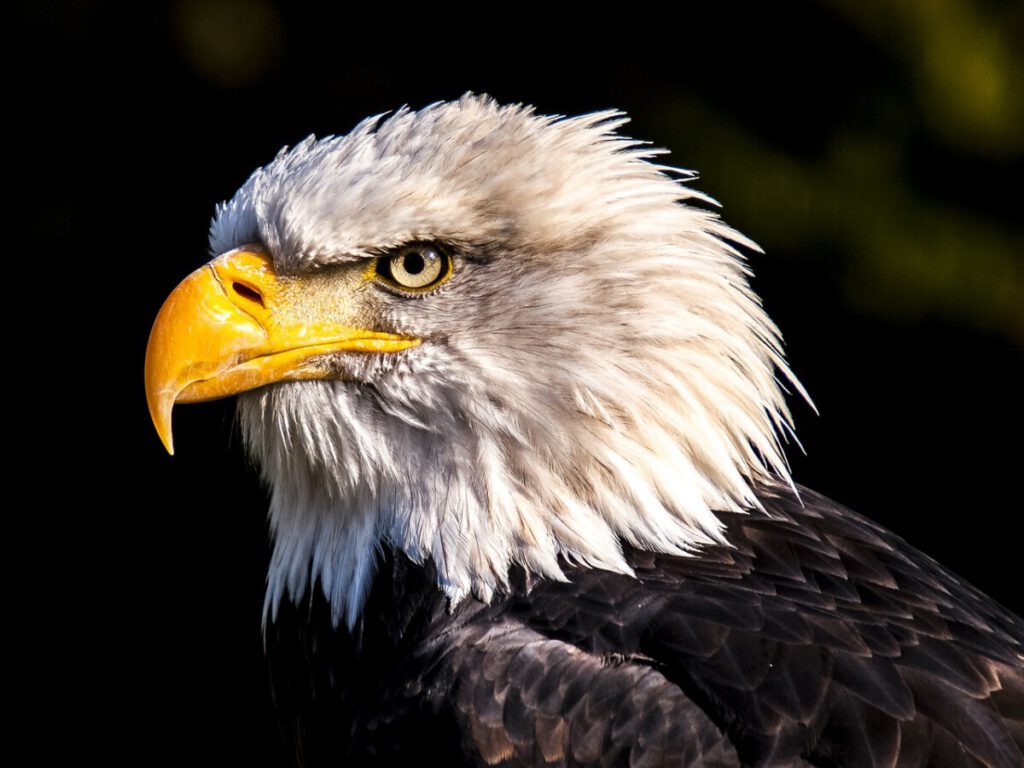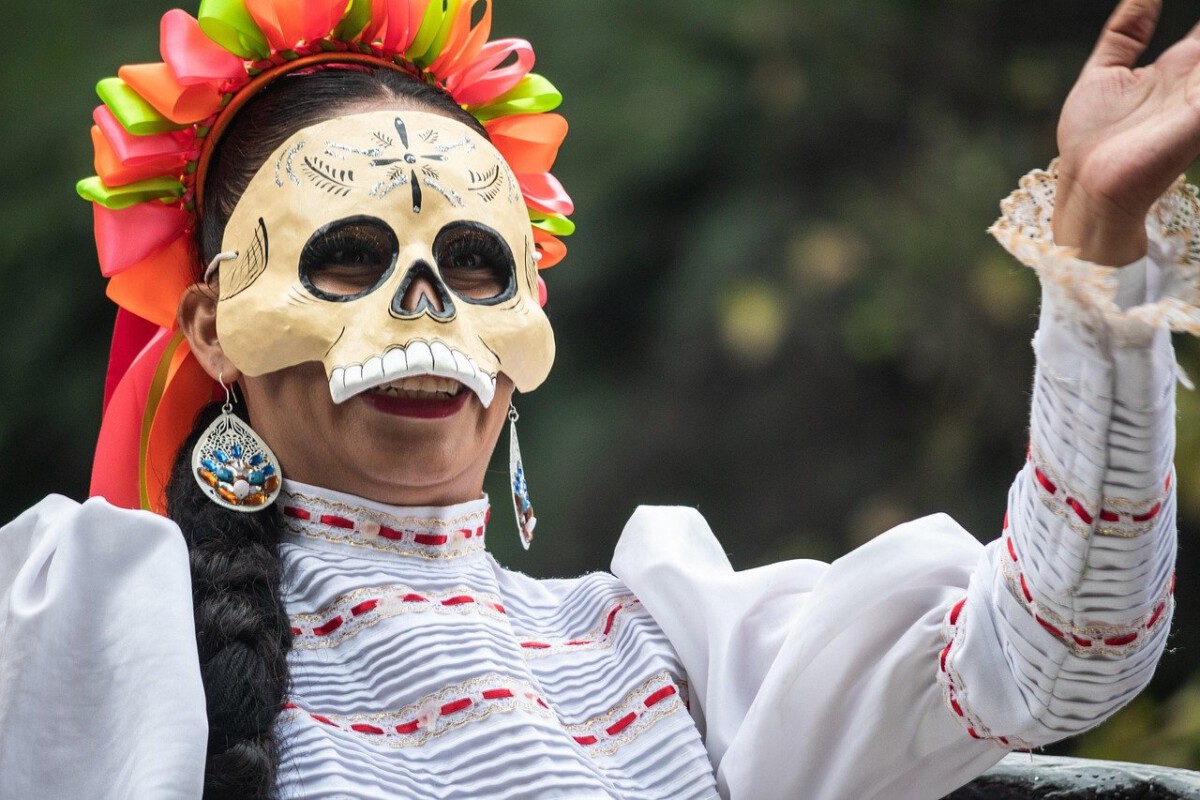In a world where humans have always held their place at the top of the food chain, it’s intriguing to ponder which animals we believe we could outrun or outwit in a physical altercation. A recent survey involving British and American participants explored this fascinating question. Let’s delve into the findings and understand the confidence levels when facing various creatures with nothing but courage and bare hands.
The Underestimated Rat: Tiny but Mighty?
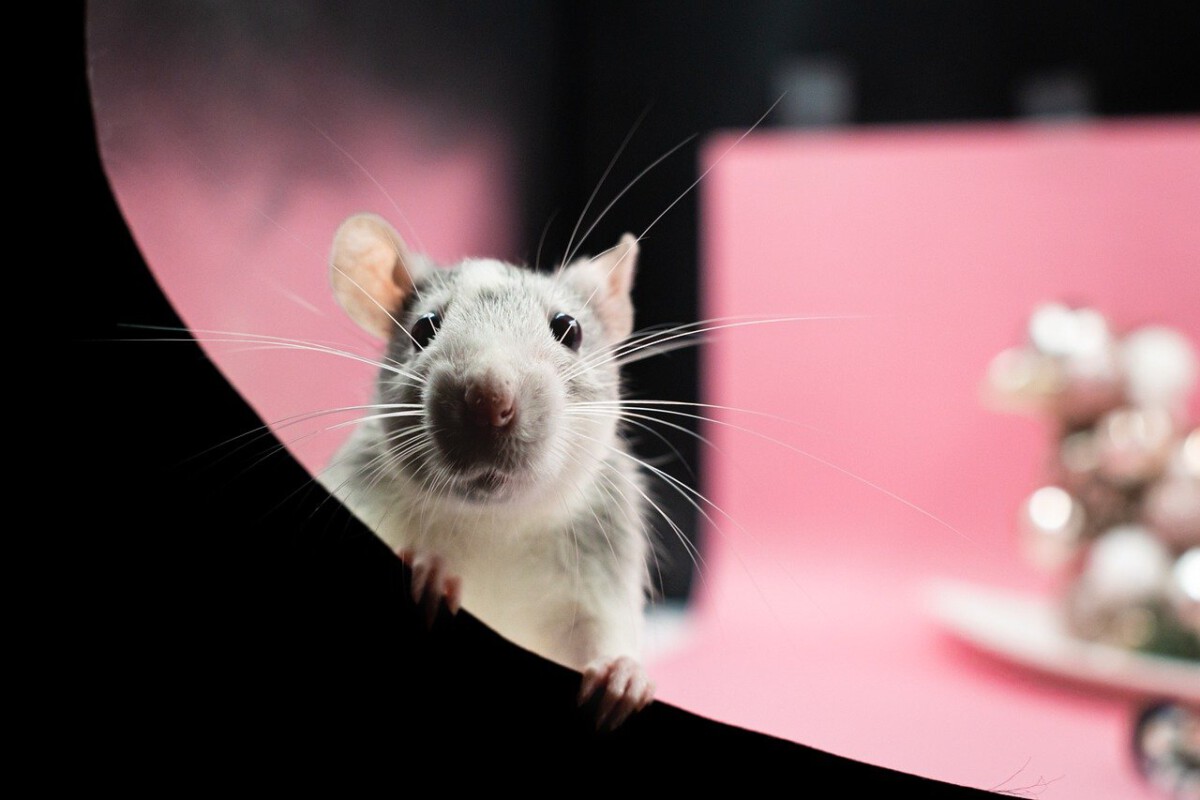
Despite their size, rats have long been considered formidable adversaries, plagued by persistent myths and urban legends. Both British and American respondents felt highly confident defeating a rat, with approximately 75% of Brits and 72% of Americans believing they could emerge victorious. Perhaps this confidence stems from their size, making them seem the least threatening of potential animal opponents. Yet, it’s worth considering their agility and resourcefulness in tight spots. This high confidence suggests a firm belief in our ability to handle the tiniest of creatures, despite their unpredictable nature.
Feline Foe: Can You Outsmart a House Cat?

Purring quietly, the unassuming house cat drew nearly identical confidence levels from both nations, at around 70%. While often seen as cuddly companions, anyone who’s witnessed a cat’s agility might second-guess their bravado. Cats are capable of quick, sharp reflex strikes and possess an unexpected resilience. This confidence might reflect the domestic familiarity we have with them, where the ‘fight’ might be imagined more as a playful skirmish rather than a genuine brawl.
A Hissy Encounter: Face-to-Face with a Goose

The serene pond guardians, geese, inspired about 60% confidence among both Britons and Americans. While these feathered creatures usually mind their own business, anyone who’s ever encountered an angry goose knows they aren’t to be trifled with. With their formidable hissing, aggressive beaks, and forceful charges, it’s surprising to see such high confidence levels. This bravado could be due to underestimating a goose’s fierce territorial defense mechanisms.
Man’s Best Friend: Handling a Medium-Sized Dog

Confidence took a noticeable dip when facing the idea of squaring off against a medium-sized dog, with only 50% on both sides thinking they could prevail. Despite the deep-seated bond humans share with dogs, an untrained or threatened medium-sized canine can be quite imposing. Their loyalty might not be a factor when it comes to preserving their safety, and this result might reflect the general public’s acknowledgment of dogs’ protective instincts and physical capability.
Swooping Stories: The Eagle’s Challenge
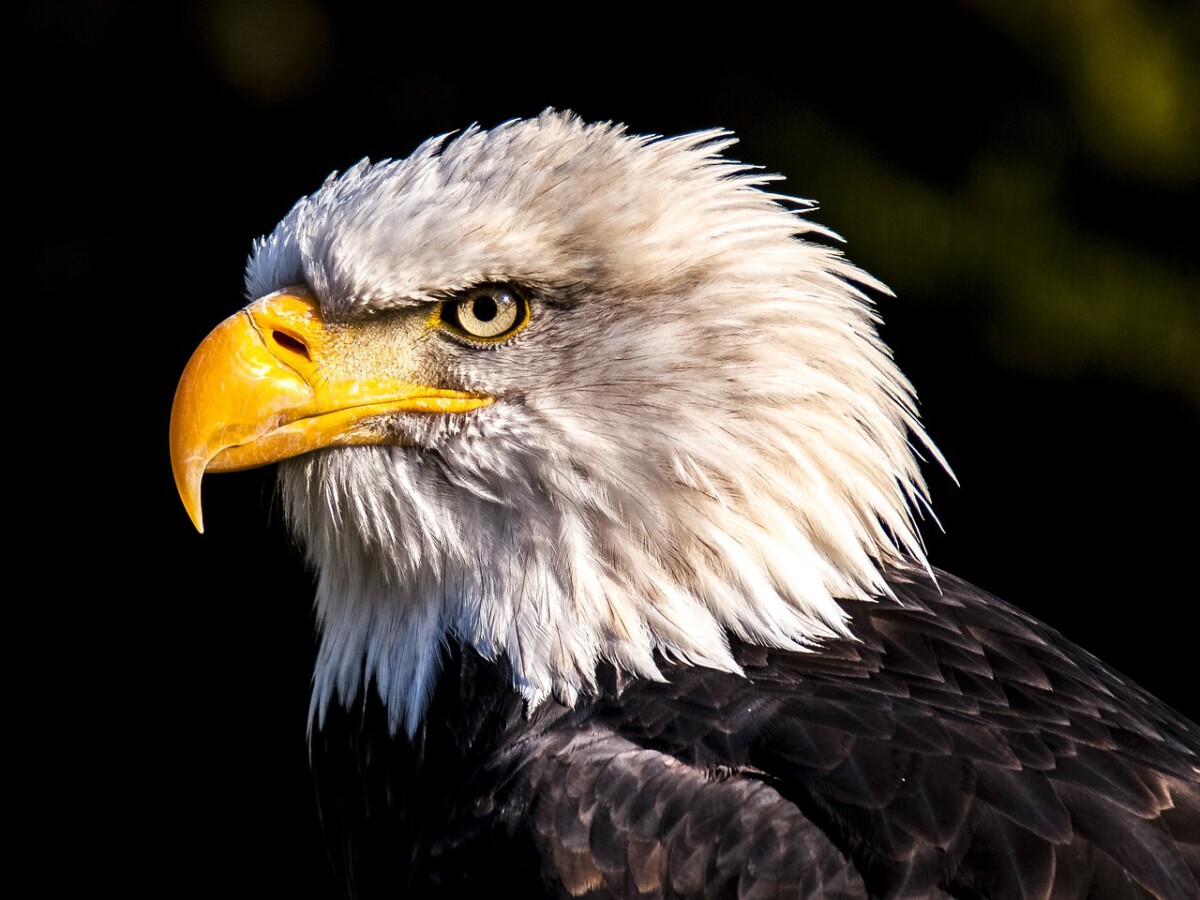
Dropping significantly to around 30%, facing an eagle brings a new kind of challenge. Imagine staring into the fierce eyes of an eagle, talons thrust forward, ready to defend its territory. These majestic creatures inspire both awe and respect, and it seems many understand the risk involved in challenging such powerful birds. The steep drop in confidence reflects a keen awareness of their formidable natural weapons and aerial dominance.
The Realm of Fear: Enter the Large Dog
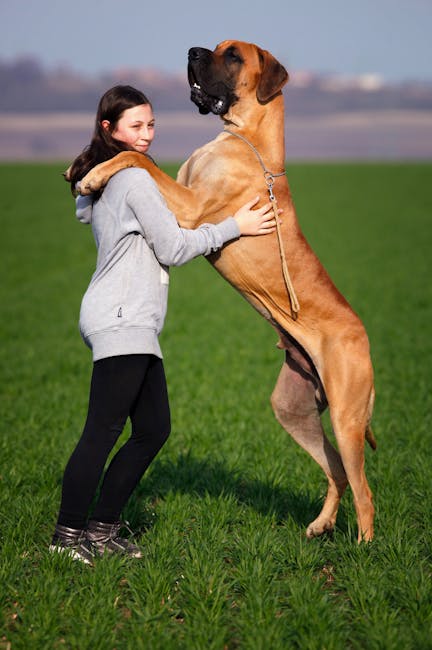
Uncertainty looms bigger when confronting a large dog, with only around 25% of Brits and 23% of Americans feeling they could win. Considered loyal protectors, their size and potential aggression in a fight can be overwhelming. This sentiment aligns with an instinctual acknowledgment that larger breeds possess physical prowess that could easily surpass our unarmed defenses.
Primate Power: The Resilient Chimpanzee
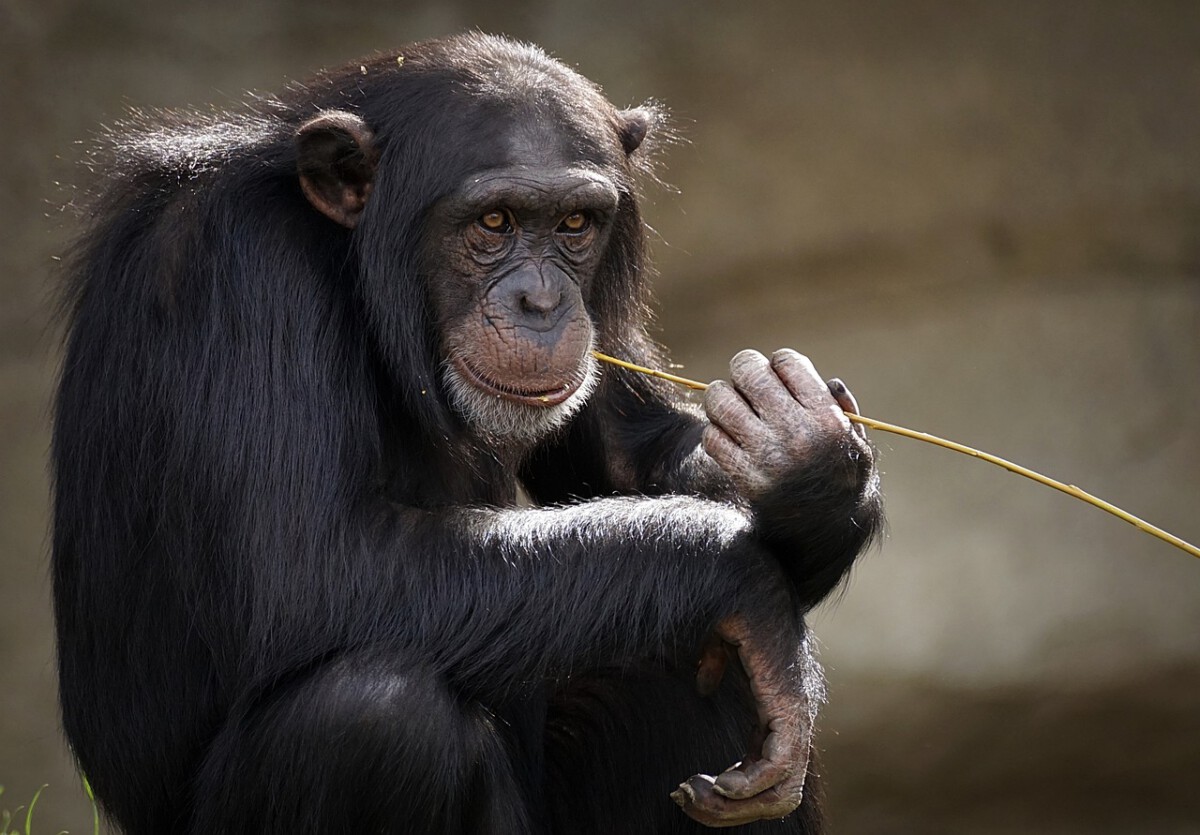
Our distant relatives, the chimpanzees, commanded a mere 17% and 15% confidence from British and American participants, respectively. Known for their extraordinary strength and unpredictable behavior, chimpanzees require no introduction to their formidable nature. Their intelligence, coupled with an unparalleled agility, places them in a category where many understand just how precarious it is to underestimate them.
Serpentine Struggles: Could You Vanquish a King Cobra?
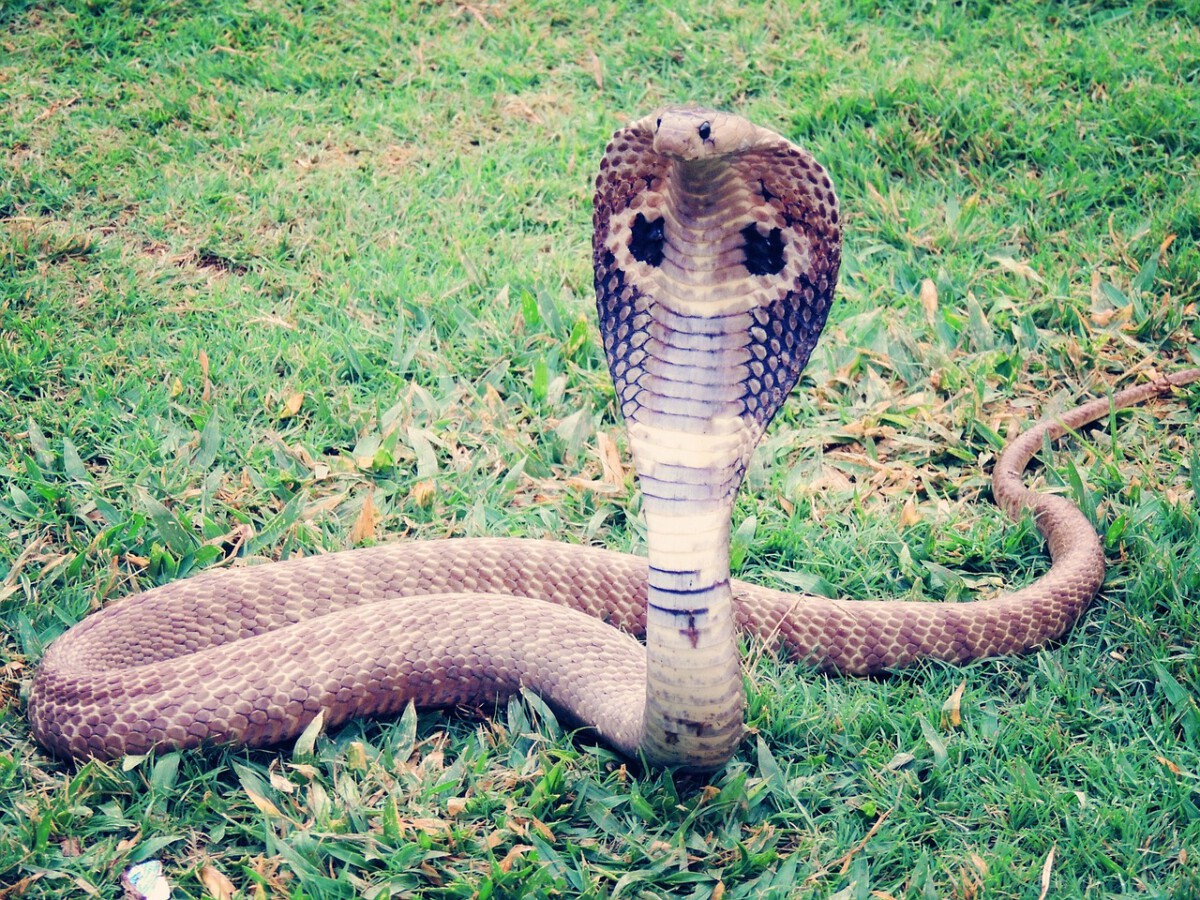
While slightly higher than the fearsome primates, only 15% of respondents expressed confidence against a king cobra. This notoriously venomous snake represents a critical threat with its swift strikes and potent venom. It’s clear that both Brits and Americans recognize the immense risk posed by such a dangerous serpent, leading them to hang back from tapping into any possible brutish bravado.
The Kangaroo Conundrum: More than Just a Jump
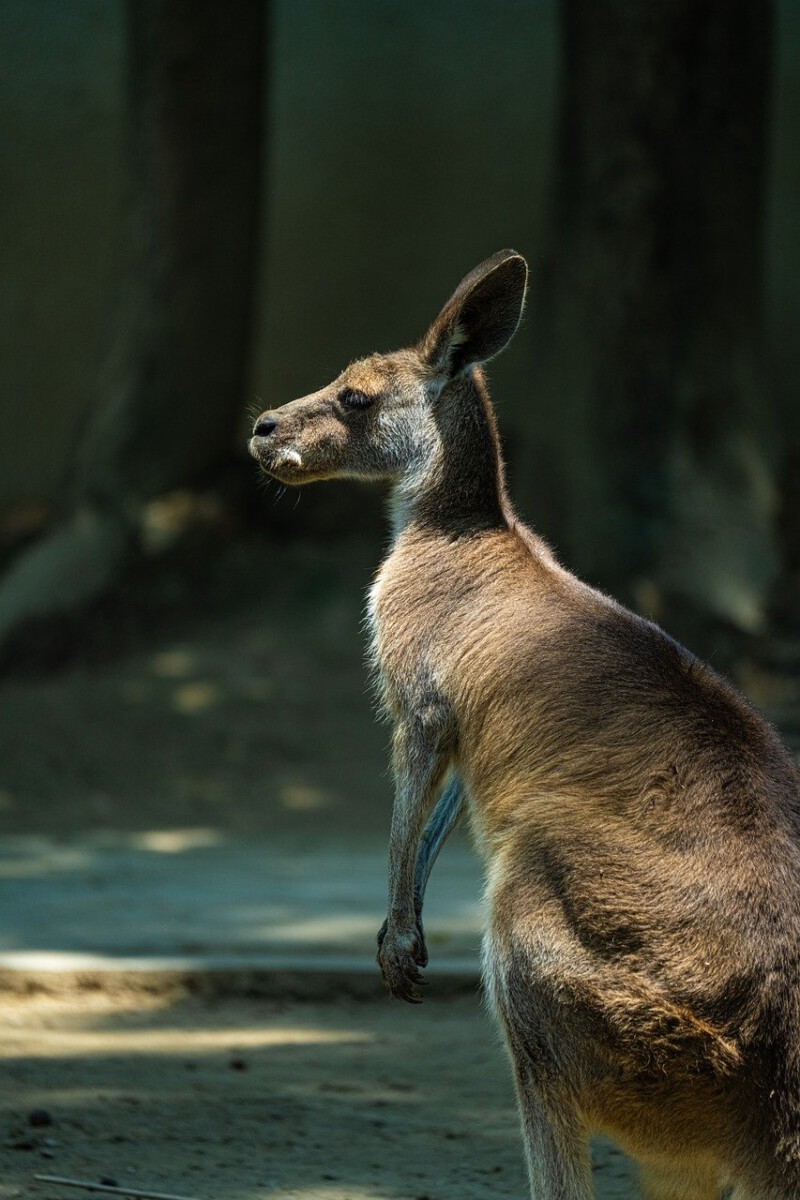
Surprisingly, the prospect of taking on a kangaroo showed similar confidence levels as the king cobra, at about 15%. Perhaps misconceived due to their cartoonish portrayal, kangaroos boast impressive muscle power and are known for delivering powerful kicks. This misunderstanding highlights a disparity between perception and reality, and the confidence rating reflects an underestimation of their natural strength and fighting capability.
The Beastly Struggle: Eye to Eye with a Wolf
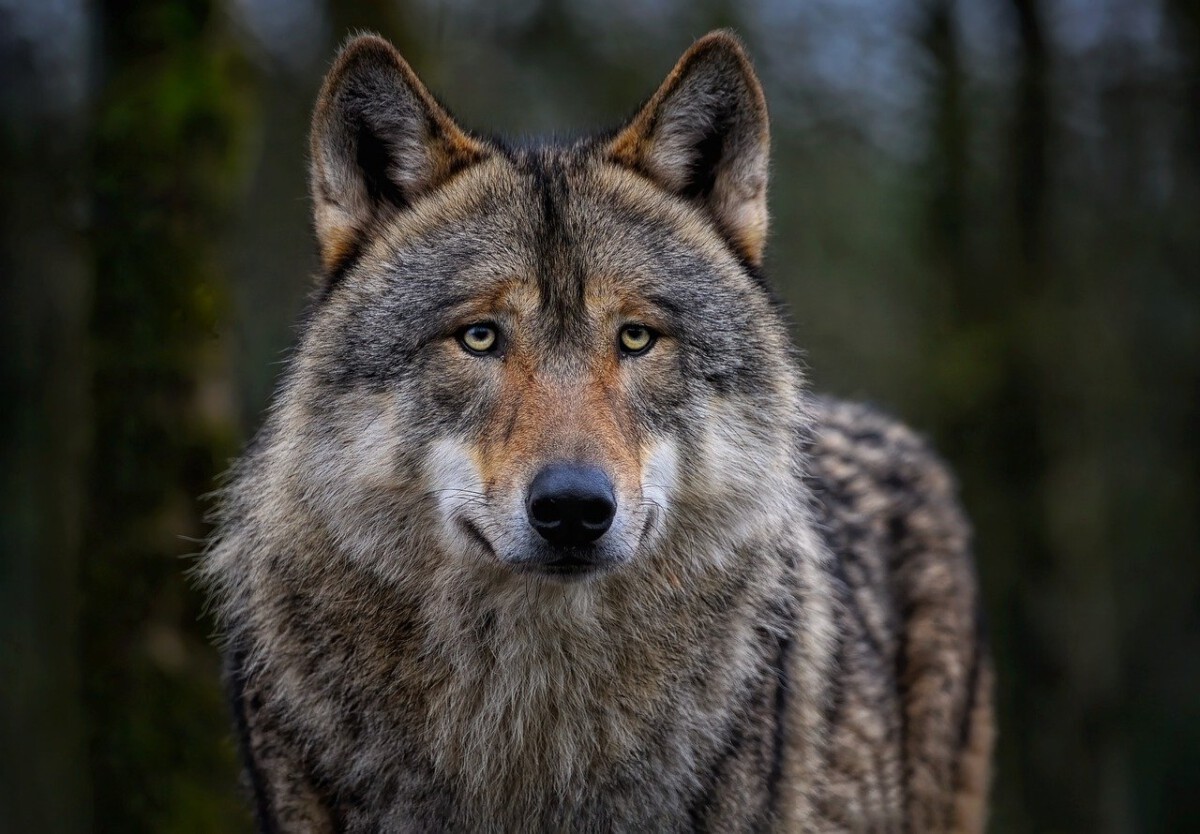
Facing the majesty of a wolf, only 10% of Brits and a slightly more optimistic 12% of Americans felt they had a fighting chance. The wolf’s predatory nature, pack mentality, and physical strength serve as a reminder of its dominance in the wild. There is a clear consensus that entering into such an encounter unarmed would be a significant test of survival instincts and fortitude.
The Apex Predators: Crocodile, Gorilla, and Beyond
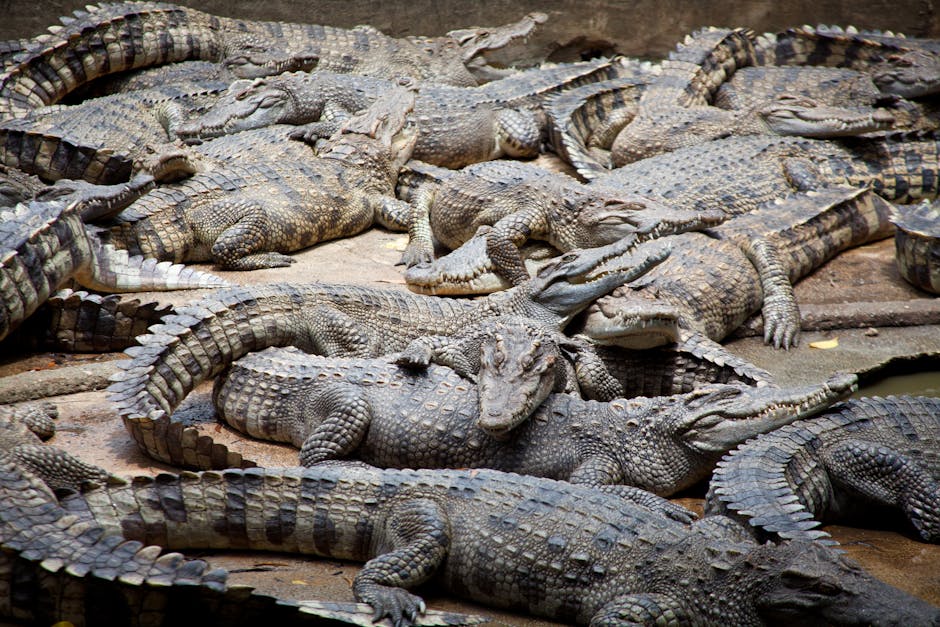
As we venture into larger predators, confidence dwindles to below 10%. Facing off against crocodiles, gorillas, lions, elephants, and grizzly bears is met with cautious realism, with belief in victory ranging from 5% to 8%. The sheer size, strength, and inherent danger of these creatures firmly cement them as masters of their domain. This illustrates a collective acknowledgment of the power dynamics at play, which heavily favor these apex predators.
Sizing Up the Results
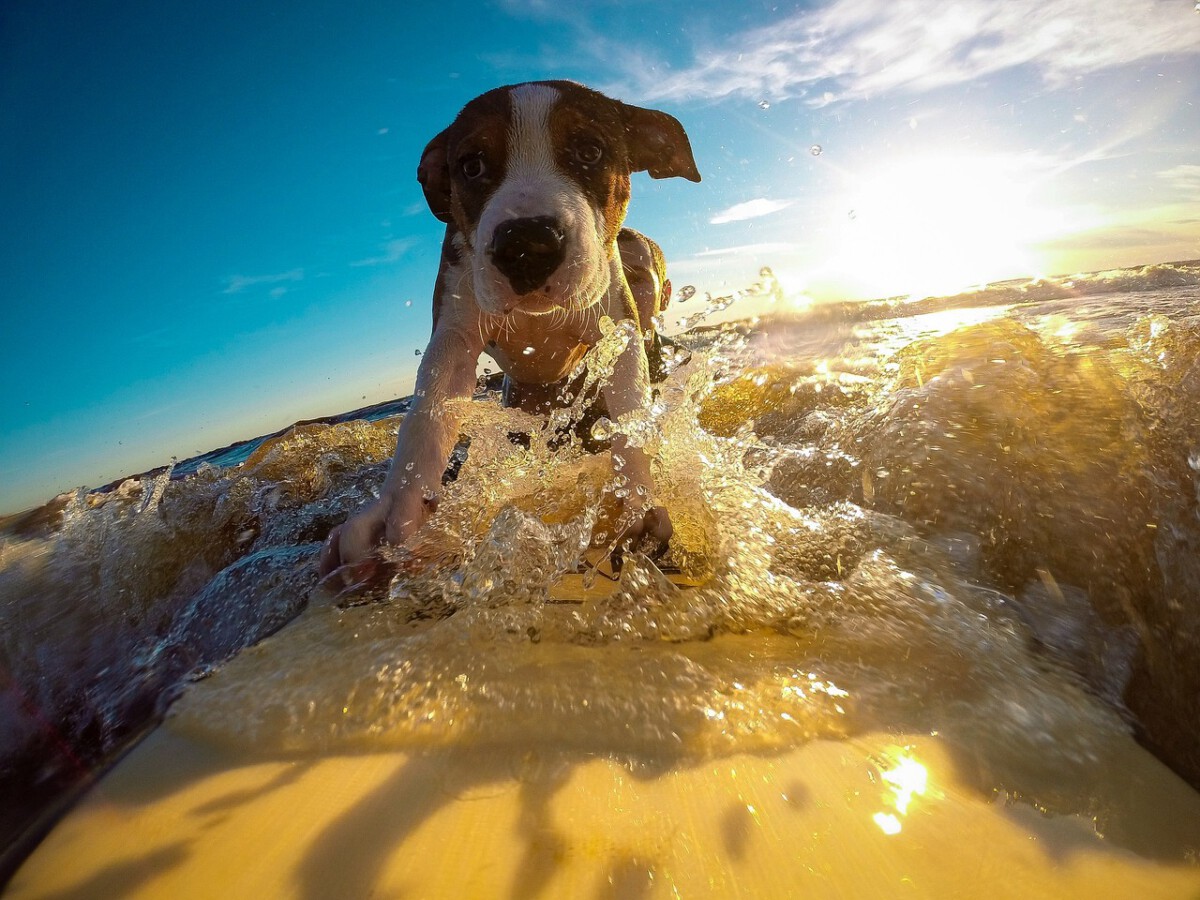
These survey results give a fascinating glimpse into human self-assurance against various members of the animal kingdom. Across both the UK and the US, smaller animals like rats and house cats inspire greater confidence, largely due to their familiarity and perceived non-threatening nature. However, as size and danger increase, confidence plummets. Americans express slightly more hubris than Brits overall, possibly reflecting cultural differences in perceived dominance.
Ultimately, these insights remind us of our vulnerabilities and the natural wonder present in the animal world. It encourages a delicate balance between confidence and respect when contemplating our place amidst Earth’s diverse biosphere.
For a comprehensive breakdown of the survey data, kindly refer to the original Source.

